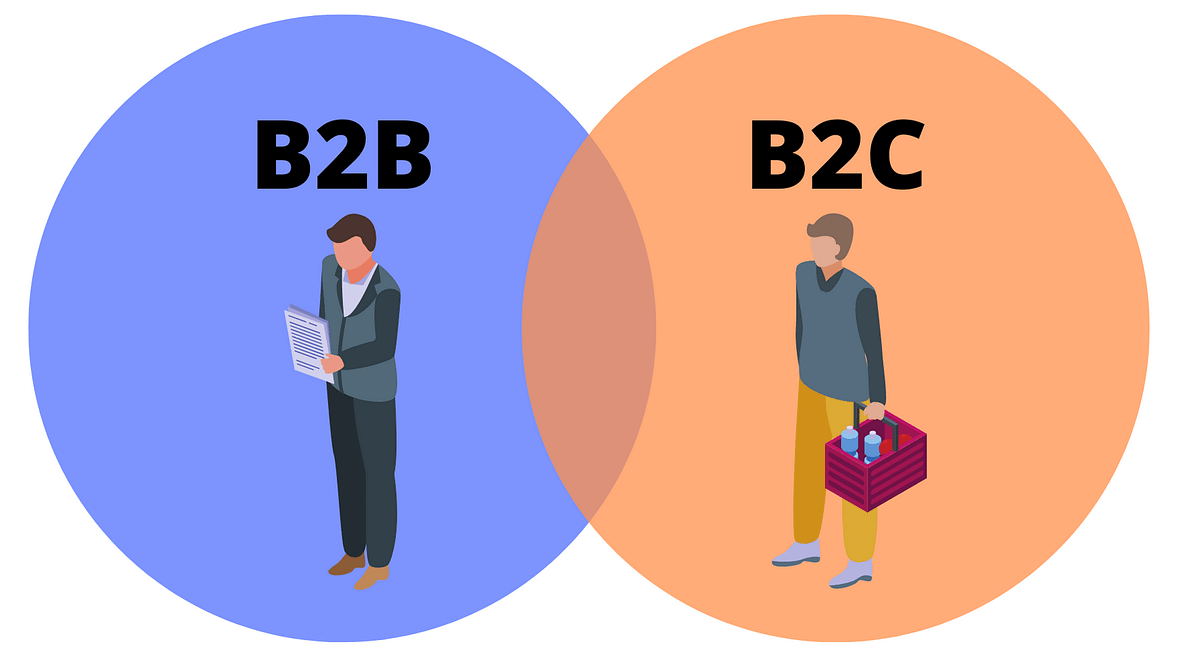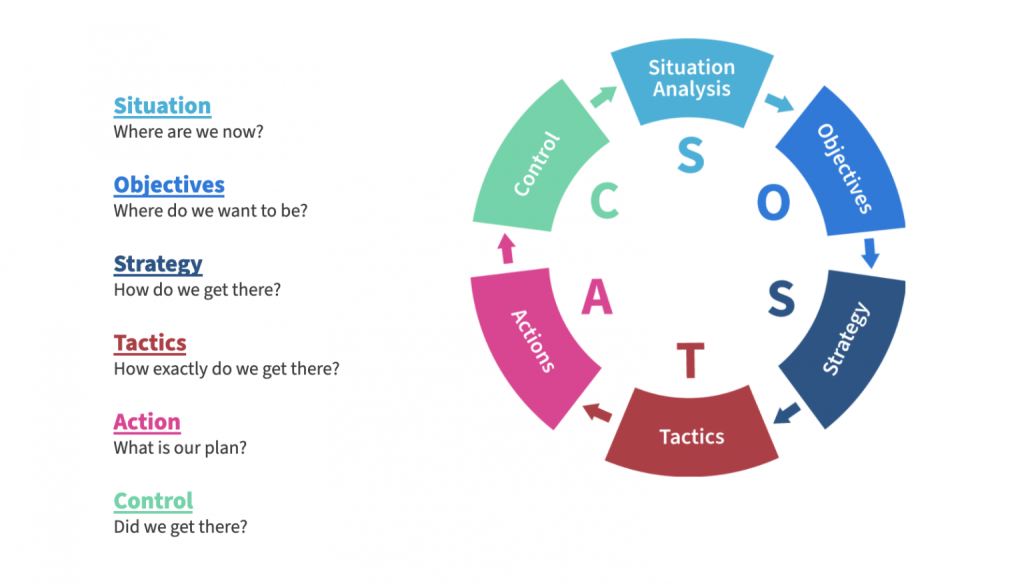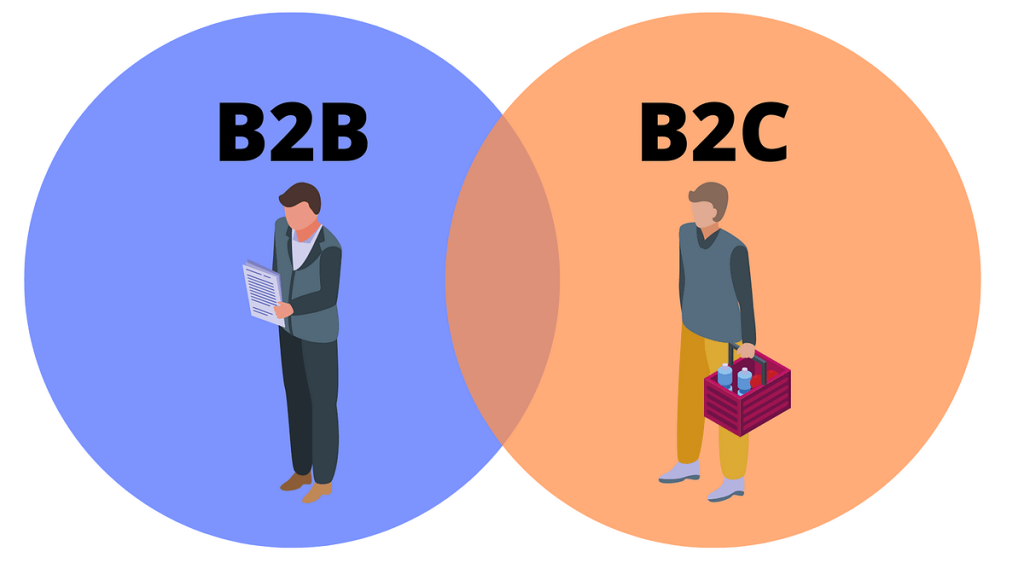Table of Contents
ToggleWhat is B2B Marketing?
When we talk about B2B marketing, we mean selling goods or services to another business rather than to the public. This form of business 2 business marketing focuses on meeting the needs of professional buyers, procurement teams, and industry specialists. In contrast to business to consumer strategies, B2B relies on data, ROI, and trust. In the UK, industries like manufacturing, technology, and professional services heavily depend on B2B or B2C marketing strategies tailored to their target audience.
Characteristics of B2B Marketing:
B2B marketing comes with its own set of traits that separate it from business to consumer strategies:
- Longer Buying Cycles – Decisions can take weeks, months, or even years.
- Multiple Decision-Makers – Purchases are approved by a group, not just one person.
- Information-Rich Content – Buyers expect detailed facts, case studies, and ROI data.
- Relationship Focus – Trust and credibility matter more than quick sales.
- Smaller Target Market – Fewer potential customers, but often higher value contracts.
These factors make marketing B2C B2B vastly different and require tailored approaches.
What is B2C Marketing?
B2C marketing, short for business to consumer marketing, is all about selling products or services directly to individual customers. Unlike business to business marketing, which focuses on relationship-building over time, B2C is often about instant appeal and quick decision-making. Whether it’s a supermarket promotion, a clothing sale, or an online subscription, marketing B2C B2B requires a completely different approach when speaking to the end user. Emotional triggers, convenience, and brand loyalty play a big role here.
Characteristics of B2C Marketing:
Emotional Decision-Making
In B2C marketing, purchases are often influenced by feelings, lifestyle aspirations, or personal desires. Unlike business to business marketing, logic plays a smaller role—brand image and emotional appeal dominate.
Quicker Purchases
Consumers make buying decisions faster, sometimes within minutes or seconds. Whether it’s a coffee, a pair of shoes, or a streaming subscription, the sales cycle in business to consumer marketing is short.
Broader Target Audiences
B2C or B2B marketing varies greatly in scope. While B2B targets niche markets, B2C campaigns often aim for mass appeal, reaching millions through TV, social media, and online ads.
Key Differences in Marketing Strategies
The Key Differences in Marketing Strategies are:
1. Marketing Messages
In business to business marketing, messages are factual, professional, and built on logic. Decision-makers want evidence—case studies, ROI data, and technical details. In contrast, B2C marketing thrives on emotional hooks, catchy slogans, and visual appeal. This difference between B2B and B2C means the same product could be promoted in two completely different ways, depending on whether you’re targeting a company or a consumer.
2. Channels Used
In business to business marketing, channels like LinkedIn, trade shows, email campaigns, and industry-specific platforms are highly effective. These spaces allow brands to connect with professional buyers in a targeted way. On the other hand, B2C marketing favours mass-reach channels such as Instagram, Facebook, YouTube, and TV advertising. This difference between B2B and B2C means that knowing where your audience spends their time is just as important as the message itself.
3. Customer Relationships
B2B or B2C marketing strategies vary greatly in how relationships are nurtured. B2B relationships are professional, personalised, and often involve multiple stakeholders, while business to consumer connections are more transactional. In the UK, B2B companies may rely on account managers and face-to-face meetings, while B2C brands focus on loyalty programmes, fast service, and engaging content.
4. Buying Motives
In business to business marketing, buying decisions are driven by logic—ROI, efficiency, and long-term value take priority. Procurement teams and decision-makers analyse data before committing. B2C marketing, however, often taps into emotional triggers such as convenience, style, and personal satisfaction. This difference between B2B and B2C means the same product might be promoted in completely different ways, depending on the audience.
Marketing B2B vs. B2C in Practice
In the real world, business to business marketing often involves case studies, white papers, and product demos to educate potential clients before purchase. For example, a UK software firm might share detailed ROI reports to win contracts. B2C marketing, on the other hand, could be a fashion brand launching an influencer-led Instagram campaign to drive immediate sales. This contrast shows the difference between B2B and B2C in both execution and results.
Business to Business Advertising vs. Business to Consumer Advertising
B2B Advertising
Business to business marketing campaigns focus on providing detailed, value-driven content. UK B2B advertisers often use trade shows, webinars, and LinkedIn ads to reach niche, professional audiences. The aim is to build trust and credibility while showing measurable ROI.
B2C Advertising
In B2C marketing, advertising is designed for speed and broad appeal. Brands use TV, social media, and influencer collaborations to create instant impact. The difference between B2B and B2C here is clear—B2B informs, B2C inspires and excites.
Here’s your 7 key takeaways:
- B2B audiences are generally more informed and research-driven.
- Decision-making in B2B involves multiple stakeholders.
- B2C marketing relies more on emotion, while B2B is logic-focused.
- The buying cycle in B2B is much longer.
- Personal relationships are vital in business to business marketing.
- The most effective channels differ between B2B and B2C.
- ROI is a central driver for B2B purchases.
Frequently Asked Questions:
B2B Marketing Vs B2C Marketing
The main difference between B2B and B2C is the audience—B2B targets businesses with logic-driven strategies, while B2C targets individual consumers with emotion-led campaigns.
What is an example of B2B and B2C?
A software provider selling enterprise solutions is B2B, while a clothing brand selling directly to shoppers is B2C marketing.
What is B2C marketing?
B2C marketing is business to consumer advertising that promotes products or services directly to individuals for personal use.
What is B2B marketing with an example?
Business to business marketing promotes products or services to other companies—for example, a UK manufacturer supplying materials to construction firms.
Conclusion
Understanding the difference between B2B and B2C is essential for creating effective campaigns. Whether your goal is to build strong business relationships through business 2 business marketing or inspire quick consumer action with B2C marketing, aligning your strategy with your audience’s needs is key. By choosing the right channels, messaging, and approach, businesses in the UK can thrive in both markets.






